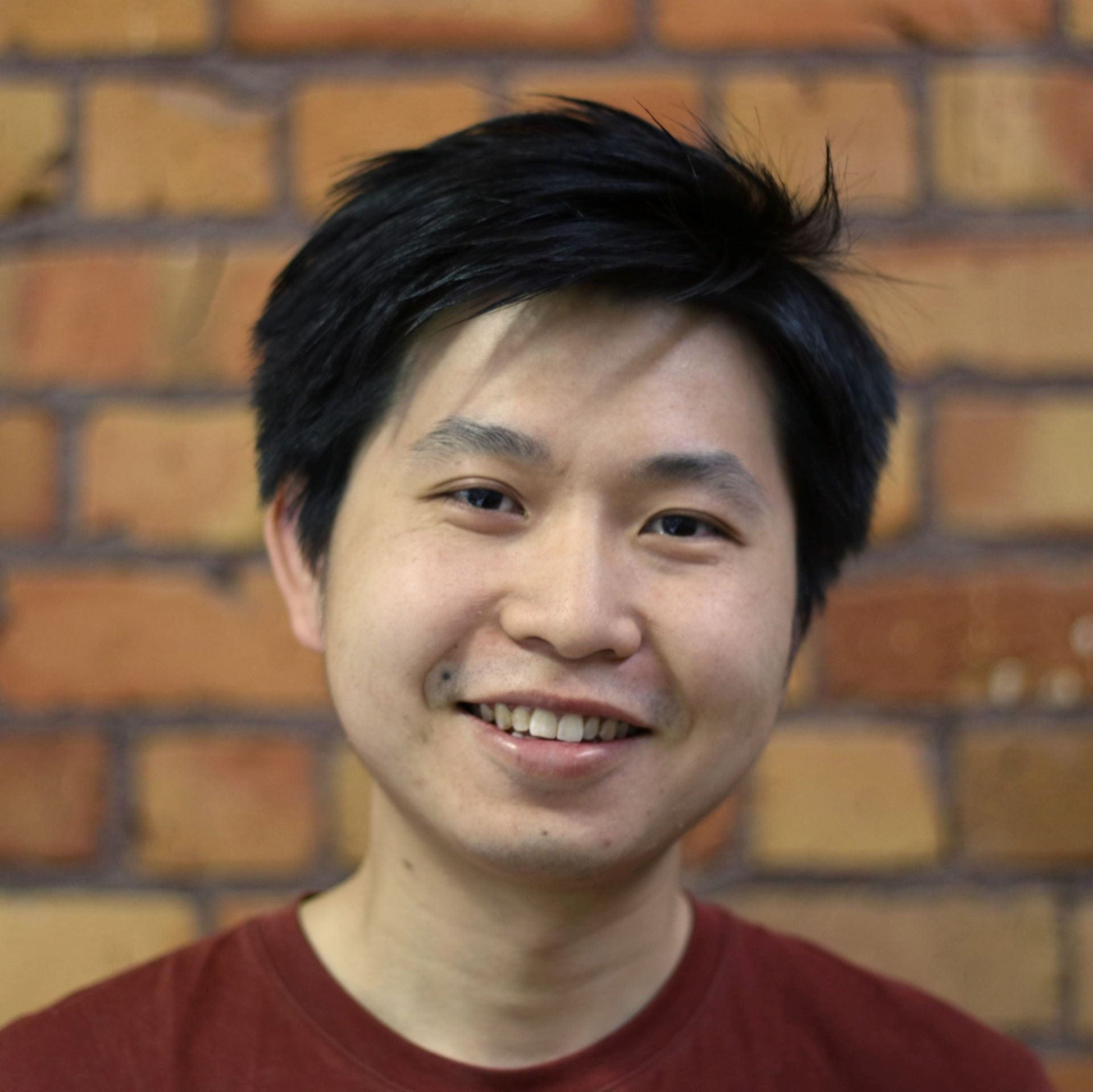
In a world where artificial intelligence (AI) is challenging norms, Ming Cheuk, co-founder and CTO of the applied AI agency, ElementX, and Executive Member of the AI Forum NZ has been providing thought leadership and guidance on how organisations can navigate this rapidly advancing technology.
With a vision to ‘use technology for good’, ElementX have evolved over the last decade from a start-up of 3, that developed a personal UV monitor, to an applied AI agency with a team of 16 that specialises in helping organisations leverage cutting-edge artificial Intelligence to increase productivity, save costs, and create new competitive advantages. The company’s origins stem from participation in the University of Auckland Velocity (Spark) business start-up programme, delivered by the Business School’s Centre for Innovation and Entrepreneurship (CIE), in which they won the Computer Science prize for the Velocity Ideas challenge and were a finalist in the Velocity 100K Challenge.
While Ming and his team at ElementX have been working with AI for some time, Open AI has now made AI models accessible to everyone, allowing small and medium businesses the opportunity to leverage it. “Implementing AI used to require loads of high-quality data, a substantial team with specialist AI skills, and a lot of time. Open AI has changed that” says Ming. But many organisations are feeling unsure of where to even begin with this new technology.
Many people may now be familiar with the uses of large-language model AI, such as ChatGPT, for generating an email or report, Ming believes that many people are unaware that language models have the capability to do much more, such as automatically triage phone calls, automate code reviews, and even translate between languages much more fluently than existing machine translation service.
Ming encourages everyone to start by experimenting with AI and discover its uses, as well as limitations. He also believes that education in this area is crucial. As a result, the AI Forum NZ has developed a series of masterclasses on AI governance and is developing a whitepaper of large-language models (ChatGPT being the most well-known of these).
Ming also emphasises the need for organisations to be proactive, by providing employees with guidelines and education around the use and limitations of AI within their business. Some organisations may have responded with outright bans, which Ming believes will ultimately lead those organisations to be less competitive. While Ming encourages experimentation with AI to become familiar with the technology, that alone will not reveal its full potential. Learning from the experience of others can be useful but sometimes it pays to engage experts in the field. That’s where businesses such as ElementX can help, says Ming.
Fear is a huge issue for any technological leap and AI is no exception. As an Executive Member of the AI Forum NZ, Ming says the most common questions are around ChatGPT / large language models with a focus on data privacy, accuracy, and how new models compare. Job disruption is also another major area of concern for many, but Ming insists that AI is a tool that won’t replace people. Instead, AI will enable people to do their jobs more efficiently. “Just as competency in using computers and the internet is a given for most desk jobs now, AI competency will be too” Ming asserts.
Ming attributes much of his business success to the inspiration and support received from being involved in the University of Auckland programmes such as Velocity and the Microsoft Imagine Cup, which helped refine ideas, build a business model as well as create essential business networks. Ming says “ElementX wouldn’t exist if it wasn’t for all the inspiration and support we received from these programmes, and the continued encouragement from the Auckland Bioengineering Institute, where we are doing our PhDs.”

Recent Comments